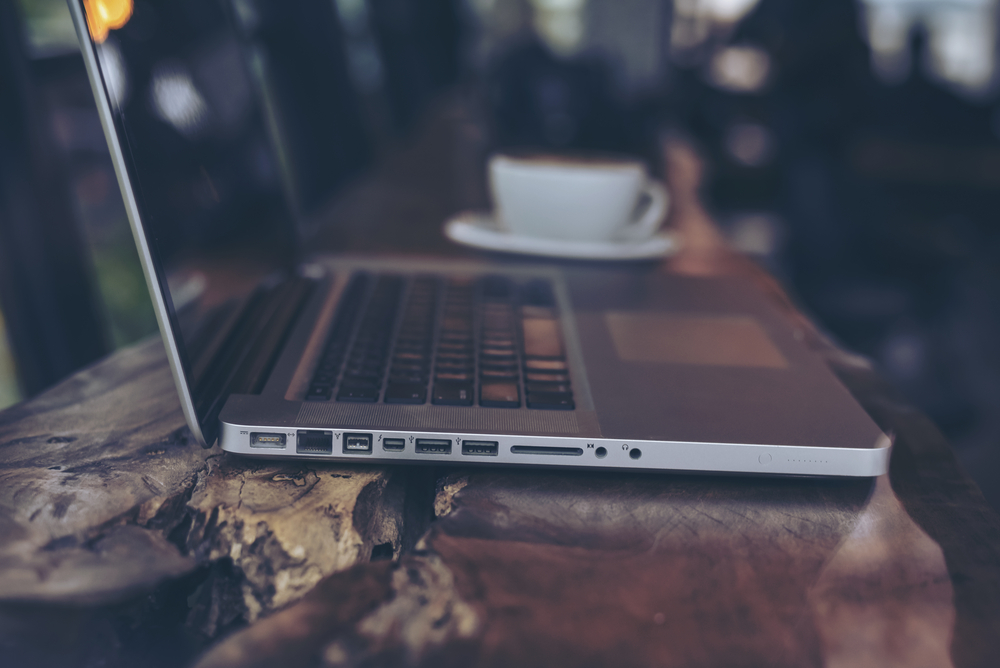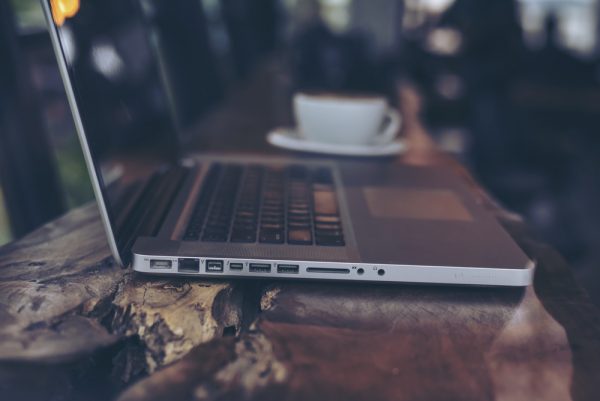Ok, let’s face the truth, free WiFi is one of the most tempting things out there. Be it at an airport, a park, the mall or someone’s house or even an unpassworded hotspot connection, people will connect to anything that’s relatively free and open. Down side is, these connections are most times very insecure, and as such, they open you up to the activity of hackers and to other cyber dangers. Malware attack, loss of personal or sensitive info, identity theft, are some of the dangers you face when you use the internet over an insecure connection. We know it’s hard to say no to free, fast and open WIFI connections, so here are a few points to have in mind for your safety when indulging a public WiFi connection.
Verify the Network SSID
SSID stands for Service Set Identifier and refers to the name network you want to connect to. Be sure to verify from the person in charge or anyone around you what the right network name is, so you don’t go connecting to a bogus or fake network that may have a similar name, but then is a totally different network.
Avoid Insecure Websites
You have to be careful the kind of websites you visit when you’re on a public connection. Avoid websites that require the exchange of personal or sensitive info, such as social networking sites, online banking services or any websites that store your debit card information. Cyber criminals can easily swoop in and capture your identity, passwords and personal information. Most secure web sites start with https:// and not http://
Avoid Performing Financial Transactions or using Internet Banking
This refers to all online transactions like mobile banking, online shopping or any other activity that requires you to share your debit card details or bank account info on a website or app. You must be careful to avoid doing this on a public connection. Instead, you can use cellular data or wait till you’re on a more secure connection.
Turn off Network Discovery on Your PC
When on a private or trusted network, your computer may share certain information such as printers, files, music library or even grant access to other computers to log in to your PC remotely. But when switching to a public network, you need to disable this feature to protect your PC and your files. When connecting to a network for the first time, your PC will prompt you to choose whether it’s a private or a public network. Be sure to choose ‘public’ since it helps your PC control the kind of data it shares on the network. Or, you can manually turn off File sharing and network discovery on your PC by going to Control Panel > Network and Sharing Center > Change Advanced Sharing Settings. Under the Public heading, turn off the file sharing toggle.
Turn Off Your WiFi or Forget the Network When You’re Done Using It
To prevent your device from auto-connecting to a public network, switch off your phone’s WIFI and only turn it on when you want to use it. Also, after using a public network, it’s best if you ‘forget’ the network so your phone doesn’t reconnect to it automatically next time unless you want to use it. you’ll see the option to forget a network in your phone’s WIFI settings. In Windows, you can uncheck the “Connect Automatically” check box next to the network name before you connect, or head to Control Panel > Network and Sharing Center and click on the network name. Click on “Wireless Properties” and then uncheck “Connect automatically when this network is in range.”
Keep Your Antivirus Settings Up to Date
Make sure you have a working Antimalware or Antivirus software installed on your device and ensure its updated regularly. Apart from whatever little security the public network may offer, your native antimalware software is your first line of defence in case of a cyber-attack. Also, keep your Operating system and apps updated since most updates include security enhancements against whatever new threats they are out there. Double check your network firewall settings to ensure it’s ok. On your PC, go to Control Panel > System and Security > Windows Firewall.
Use a Virtual Private Network (VPN)
A VPN service keeps your connection private and encrypts your data so no one can have undue access to your information even when you’re connected to a public network. It acts like a ‘private tunnel’ that encrypts all your data as it passes through the network, hence ensuring that no one can sniff out your data over the network. This is the essential layer of protection, especially if you work with companies that handle lots of sensitive data.


